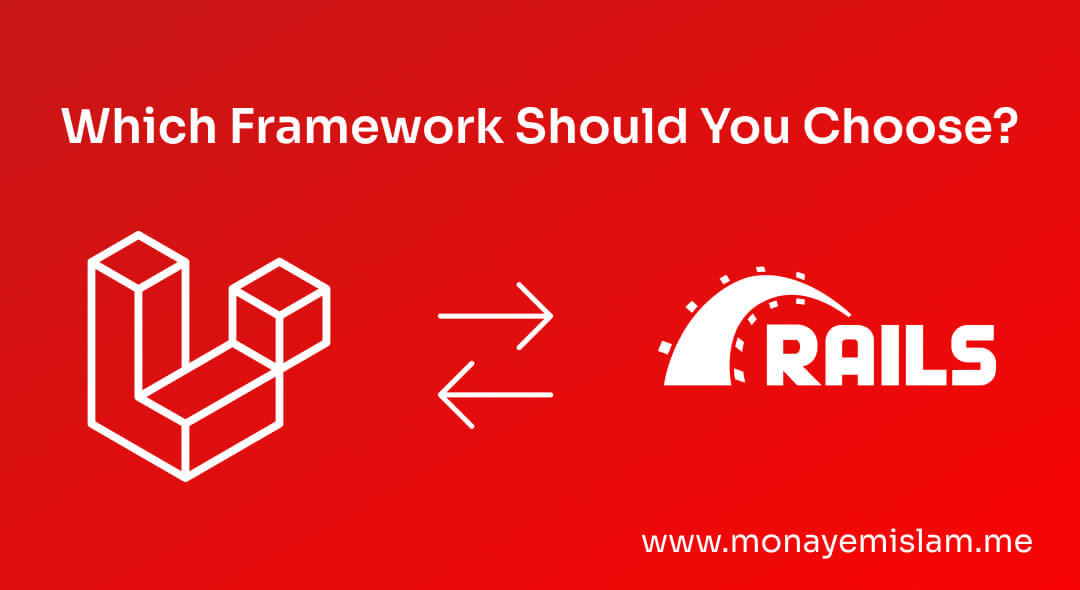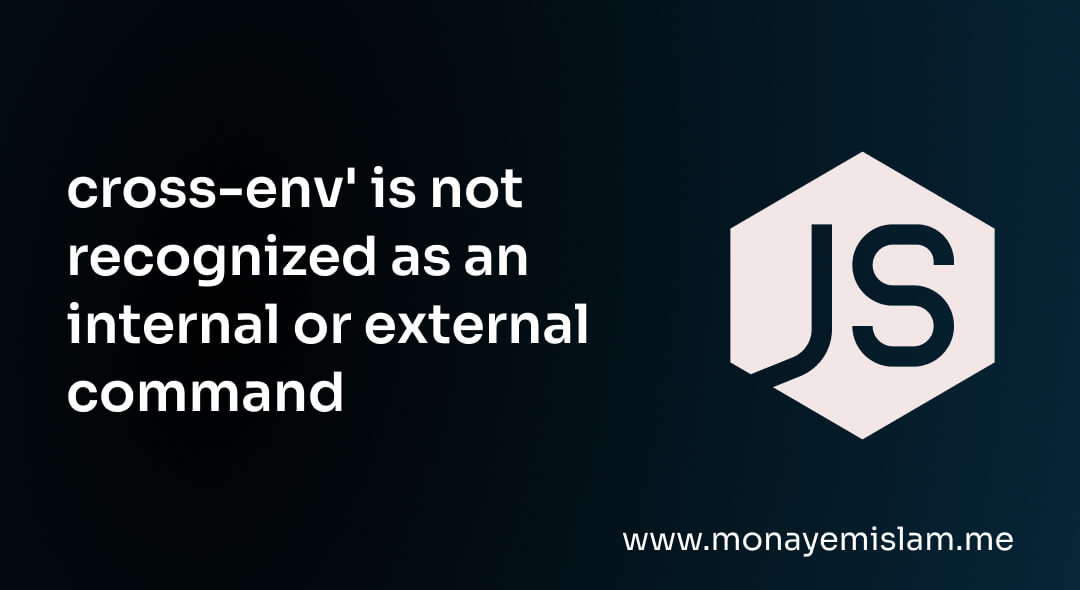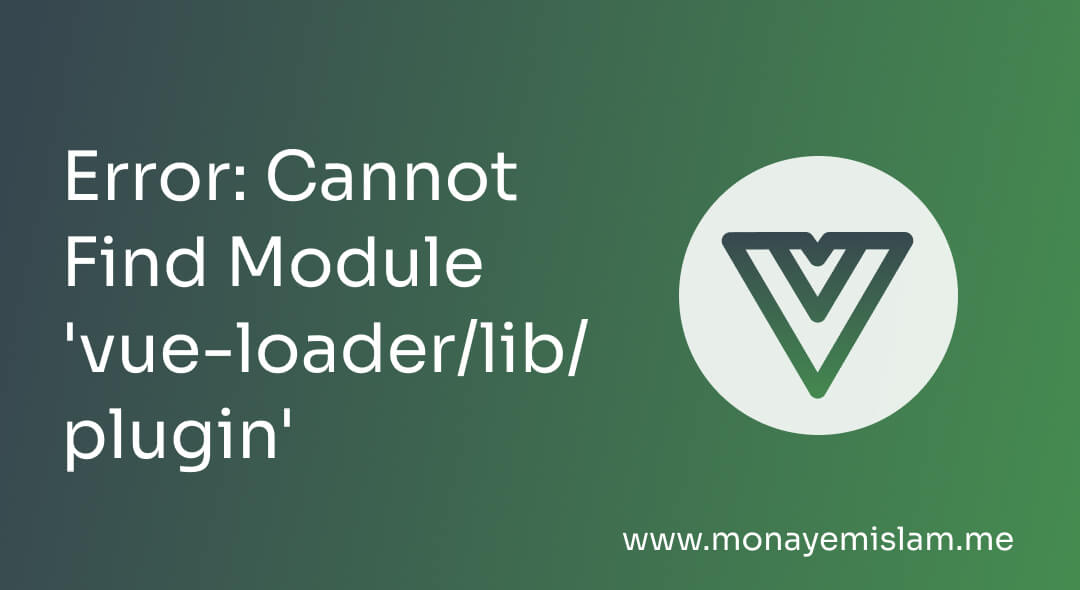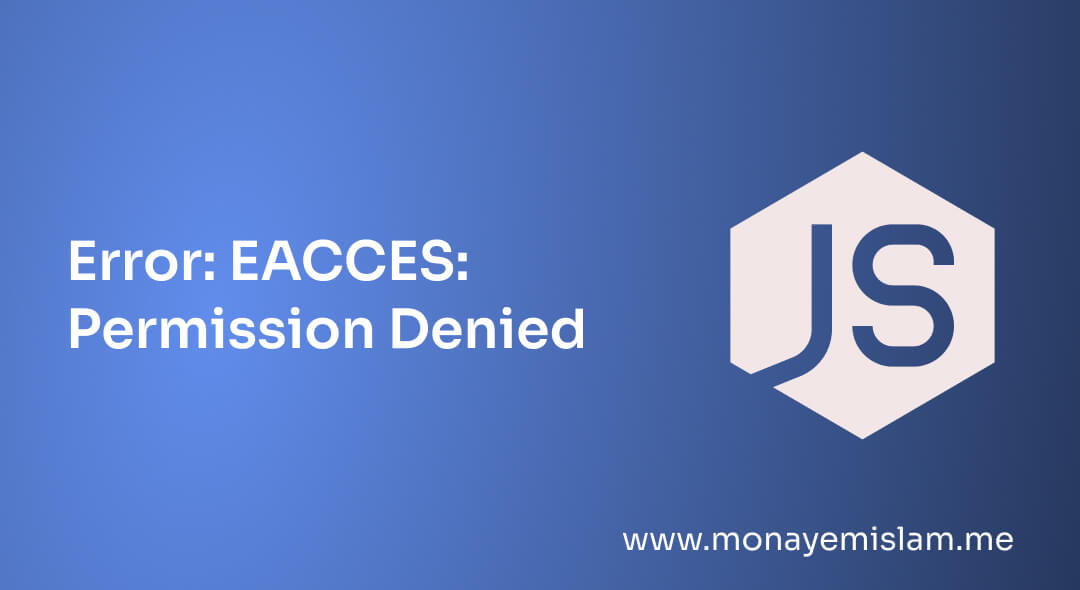Table of Contents
Overview
| Feature | Ruby on Rails | Laravel |
|---|---|---|
| Language | Ruby | PHP |
| Initial Release | 2005 | 2011 |
| Architecture | Model-View-Controller (MVC) | Model-View-Controller (MVC) |
| Primary Focus | Convention over Configuration, Developer Productivity | Elegant Syntax, Ease of Use |
| Package Manager | RubyGems | Composer |
| ORM | Active Record | Eloquent |
Ruby on Rails
Laravel
Language and Syntax
| Aspect | Ruby on Rails | Laravel |
|---|---|---|
| Primary Language | Ruby | PHP |
| Syntax | Elegant, concise, focuses on developer happiness | Expressive, straightforward, widely known |
| Learning Curve | Steeper due to conventions and metaprogramming | Gentler, with extensive documentation and tutorials |
Ruby on Rails
Laravel
Performance
| Aspect | Ruby on Rails | Laravel |
|---|---|---|
| General Performance | Can face challenges with very large-scale applications | Generally performs well, optimized in newer versions |
| Scalability | Good, but can be complex to scale very large apps | Good, with support for horizontal scaling |
| Optimization | Continuous improvements by community | Continuous optimizations introduced in new versions |
Ruby on Rails
Laravel
Community and Ecosystem
| Aspect | Ruby on Rails | Laravel |
|---|---|---|
| Community | Mature, passionate, and supportive | Vibrant, active, and growing |
| Ecosystem | Extensive with many third-party libraries and tools | Rich ecosystem with packages and extensions |
| Package Manager | RubyGems | Composer |
Ruby on Rails
Laravel
Flexibility and Extensibility
| Aspect | Ruby on Rails | Laravel |
|---|---|---|
| Flexibility | Structured, but can be extended with gems | Highly flexible and modular |
| Extensibility | Good, with many third-party gems available | Excellent, with a modular architecture and extensive package support |
Ruby on Rails
Laravel
Detailed Comparison
Handling of URLs and Routing
| Aspect | Ruby on Rails | Laravel |
|---|---|---|
| Routing System | Powerful, RESTful principles | Easy-to-use, features like middleware and route model binding |
| URL Handling | Simple and readable syntax | Simple, readable, and flexible |
Views and Templates
| Aspect | Ruby on Rails | Laravel |
|---|---|---|
| Templating Engine | Embedded Ruby (ERB) | Blade |
| Features | Clean, readable templates, embedded Ruby code | Clean syntax, template inheritance, control structures |
Database Support
| Aspect | Ruby on Rails | Laravel |
|---|---|---|
| ORM | Active Record | Eloquent |
| Supported Databases | MySQL, PostgreSQL, SQLite, others | MySQL, PostgreSQL, SQLite, others |
Testing and Debugging
| Aspect | Ruby on Rails | Laravel |
|---|---|---|
| Testing Framework | RSpec | PHPUnit |
| Testing Approach | Behavior-driven development (BDD) | Built-in testing tools, test-driven development (TDD) |
Security
| Aspect | Ruby on Rails | Laravel |
|---|---|---|
| Security Features | Secure-by-default, built-in protections | Strong emphasis on security, features like hashed passwords, API authentication tools |
Advantages and Disadvantages
Ruby on Rails
| Advantage | Description |
|---|---|
| Developer Productivity | Convention over configuration and DRY principles speed up development. |
| Community and Ecosystem | Mature community with a rich ecosystem of gems and third-party libraries. |
| Security | Secure-by-default philosophy with built-in protections against common vulnerabilities. |
| Disadvantage | Description |
|---|---|
| Performance | Can face challenges with very large-scale applications. |
| Learning Curve | Steeper learning curve due to extensive use of conventions and metaprogramming. |
Laravel
| Advantage | Description |
|---|---|
| Ease of Use | Gentle learning curve, extensive documentation, and a supportive community. |
| Flexibility and Extensibility | Highly flexible and modular, with extensive support for Composer packages. |
| Performance | Generally performs well, with continuous optimizations introduced in new versions. |
| Disadvantage | Description |
|---|---|
| Learning Curve for Advanced Features | While basic use is easy, mastering advanced features can require a deeper understanding of PHP and the Laravel framework. |
Final Words- Ruby on rails vs Laravel
Frequently Asked Questions (FAQ)
The decision to learn PHP Laravel or Ruby on Rails depends on your career goals and project needs. Laravel is easier to learn and has a vast community, making it a good choice for beginners and those working in environments where PHP is prevalent. Ruby on Rails offers productivity benefits and a strong ecosystem, making it ideal for developers who value convention over configuration and are looking to work on complex, high-productivity applications.
Both Laravel and Ruby on Rails have their strengths and weaknesses. Laravel offers flexibility, ease of use, and a vibrant community, making it a strong contender for many projects. Ruby on Rails, with its emphasis on developer productivity and a mature ecosystem, remains a popular choice for developers who prefer its conventions and Ruby’s elegance.




